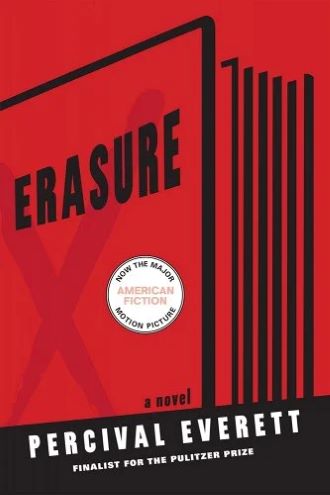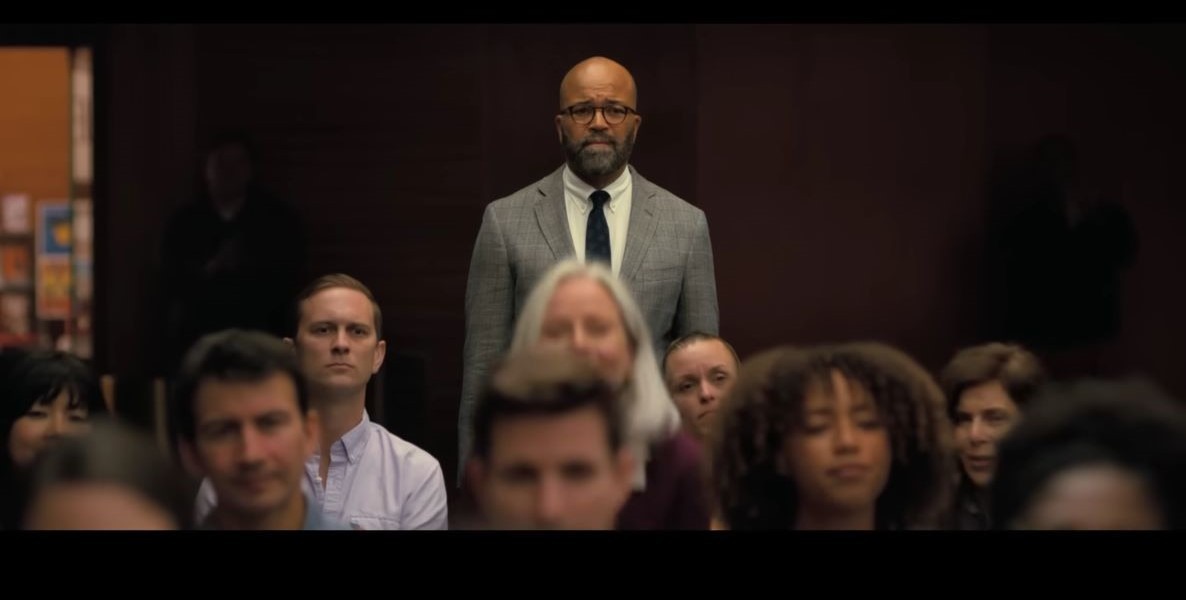This last day of our leap-year Black History Month serves as an opportune moment to weave a tapestry of connection between Black history and women’s history — and in the process highlight the historical erasure to which women of color, especially Black women, are routinely subject.
In her essay “Crazy for this Democracy,” the brilliant Zora Neale Hurston uses disease as a metaphor to diagnose America. She writes: “I am crazy about the idea of this Democracy. I want to see how it feels.” So do we.
In her typically incisive signifying style, Hurston writes the following as the central germ in her diagnostic discussion:
The patient has smallpox. Segregation and things like that are the bumps and blisters on the skin and not the disease, but the evidence and symptoms of the sickness. The doctors around the bedside of the patient, are desperately picking bumps. Some assume that the opening of one blister will cure the case. Some strangely assert that a change of climate is all that is needed to kill the virus in the blood!
Zora Neale Hurston died of heart disease on January 28, 1960. For all of her literary prowess and inimitable wit, she died destitute and was buried in an unmarked grave. Her life and her legacy, including one of the great American novels, Their Eyes Were Watching God, may have all been lost to us, erased from the record, if not for the efforts of novelist Alice Walker and many other Black women scholars who followed her lead in recovering Hurston from the clutches of the very same disease she so craftily diagnosed.
The erasure of Black women from the annals of history is a symptom of America’s disease.
The erasure of Black women from the annals of history is a symptom of America’s disease. The erasers are not simply satisfied with disappearing historical representations of Blackness and/or Black women. They have dedicated themselves to erasing the gains of civil rights movements for women and people of color. It is still stunning that our contemporary Supreme Court has gutted the Voting Rights Act, transformed corporations into people for cynical political purposes, overturned Roe v. Wade, and ended Affirmative Action as we know it. This sounds like fiction, but it is in fact our reality.
Learning from American Fiction
All of this only serves to underscore the immeasurable value of Black History Month and Women’s History Month. These months remind us that we need a restored and reparative historical record, not necessarily a revised one. We need to repair the record and restore the missing pieces of a deliberately erased history of Black women in this nation. This is sometimes tedious and thankless work, but the Black historians amongst us are often heroically dedicated to the task.
More and more we witness writers and filmmakers joining this fray with sometimes spectacular results. Cord Jefferson’s debut film American Fiction is an important entry in the reparative effort to confront historical erasure. Based upon Percival Everett’s 2001 novel, Erasure, American Fiction follows Jeffrey Wright’s portrayal of Thelonius “Monk” Ellison, an unsuccessful African American writer who finds instant success and celebrity through penning a novel — initially titled My Pafology — crafted as a cynical joke to expose America’s insatiable appetite for pathological depictions of African American life. Many publishers take it seriously — or as seriously as the predominantly White world of publishing can take a book that trucks exclusively in reductive descriptions of inner-city Black life.

American Fiction is in some ways about what we fool ourselves into thinking about a fictitious America — ideas brilliantly symptomatic of the disease exposed in Hurston’s “Crazy for this Democracy.” As an adaptation, American Fiction keeps the central spirit of its source material by chronicling the systematic erasure of the full range of lived Black experiences in literature and film.
This struggle continues (of course), in the literary worlds, in cinema, and in our realities. But (*spoiler alert*) the film adaptation of Erasure makes a curious move concerning the death of an important character in Monk’s cynical journey to success. His sister Lisa (played in the film by Tracey Ellis Ross) dies of what seems to be a heart attack in the film. Lisa quietly suffered from some variation of the disease that ultimately claimed Zora Neal Hurston’s life. This is an important signal to all of us about the epidemic of cardiovascular disease amongst Black women. But it is a marked departure from Lisa’s death in Erasure.
In Everett’s Erasure, an anti-abortionist murderer shoots Lisa dead in her own clinic that provides healthcare services to women and children who are systematically denied access. Her death is tragic both in the film and in the text. It animates Monk’s decision to pen My Pafology. The filmmaker’s decision does not alter the main themes of the work, but it does do something else worth noting: It makes explicit the interconnectedness of the ways in which Black women’s lives — those who thrive and work diligently in the Black community — operate within a matrix that erases their experiences both lived and in literature. It summons Hurston’s death from stroke and heart disease, all the while reminding us of America’s dis-ease with Blackness, Black women, and Black history.
The America in our minds still sometimes remains a fiction.
It is possible — maybe even likely — that the producers or the writer-director of the film deliberately decided to avoid the critical issues of abortion and reproductive rights for women. A novel can create space for complex issues in ways that a film sometimes cannot. But excuses aside, Lisa’s death in the film from heart disease — as important and as mortal an issue as that is for Black women — should not erase Everett’s original narrative of Lisa’s murder in the context of the radically violent efforts to control women’s bodies. This erasure in the adaptation of Erasure is as significant as the pathological novel within the novel itself.
Still, Lisa’s deaths remind us that the America in our minds still sometimes remains a fiction. Her work in the novel exists at the critical intersection of Black maternity and Black mortality, two of the scores of experiences and histories that have been subject to erasure, at least since Marion Sims murdered and tortured women to establish the field of gynecology.
It’s difficult to appreciate Black women’s sacrifice on the altar of American medicine in a world where their maternal mortality rates outstrip those of some “third world” countries, where Hurston could die an impoverished death and be buried in an unmarked grave, and especially where Black women still cannot seem to get adequate access to health care.
Lisa’s deaths remind us of the history of Black women that has been systemically and diabolically erased. Lisa reminds us of Zora Neal Hurston. How else could such an adaptive shift (across fictive genres) resonate so powerfully with the crises that Black women confront every day of every month?
![]() MORE ON BLACK HISTORY FROM THE CITIZEN
MORE ON BLACK HISTORY FROM THE CITIZEN



